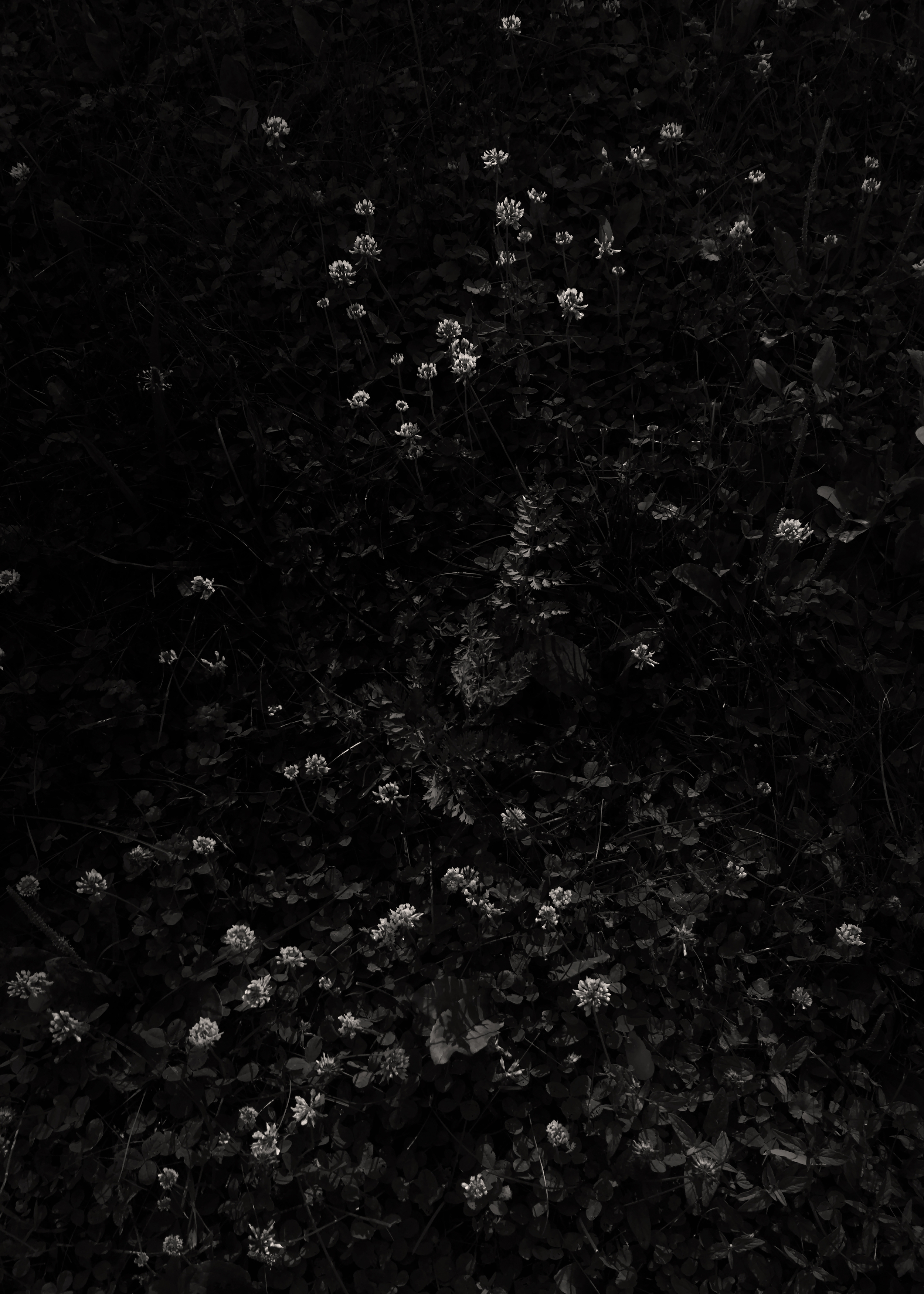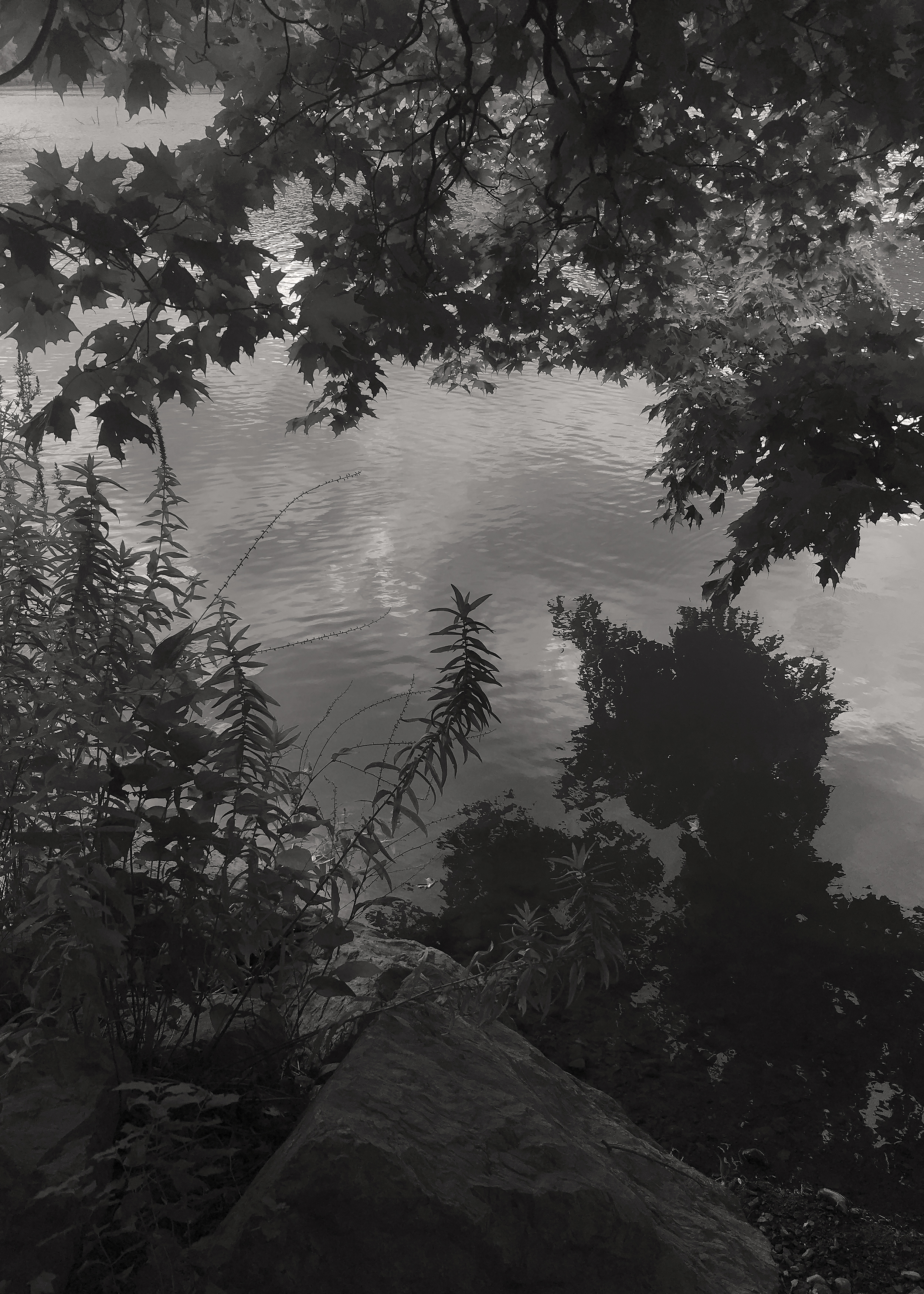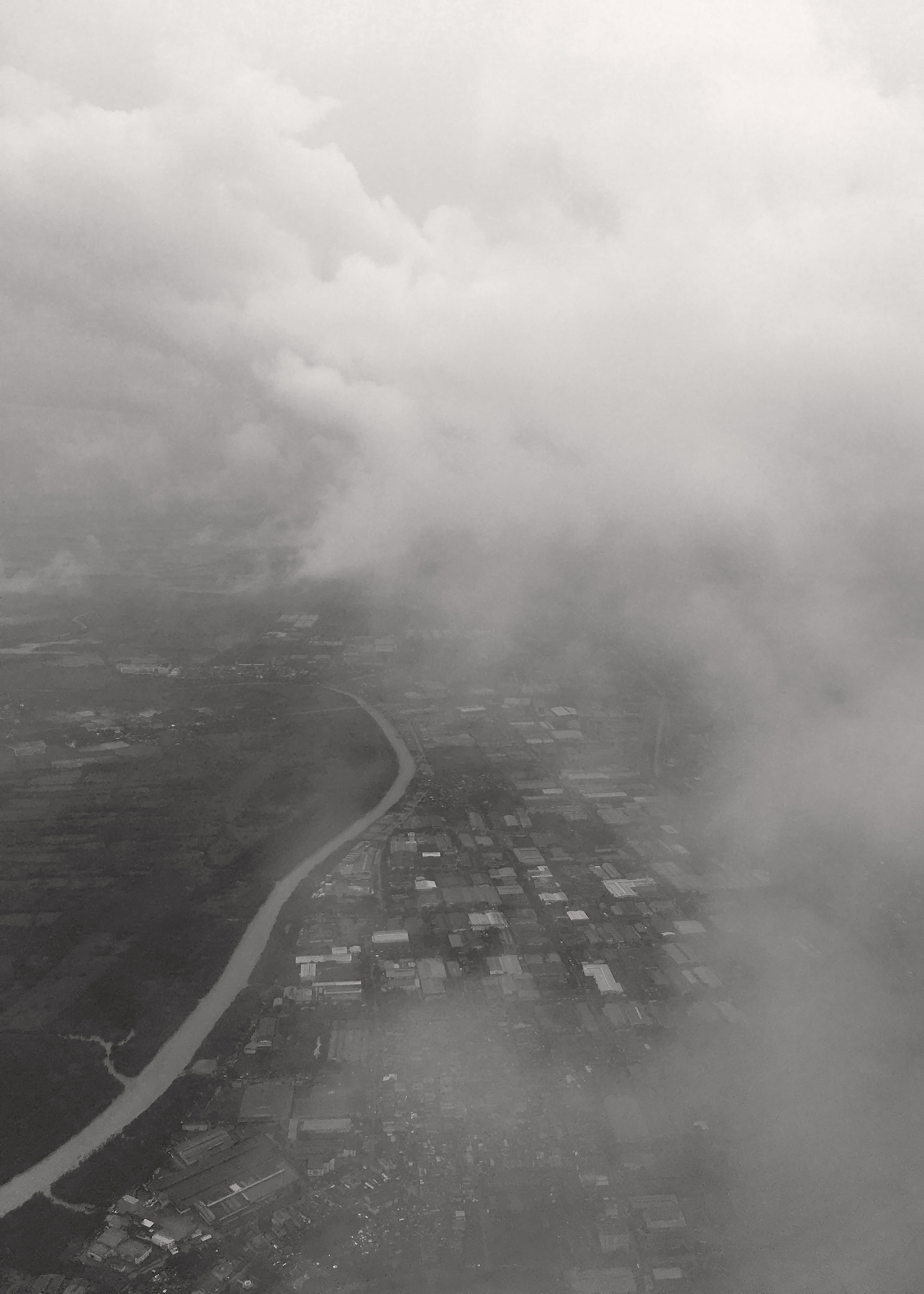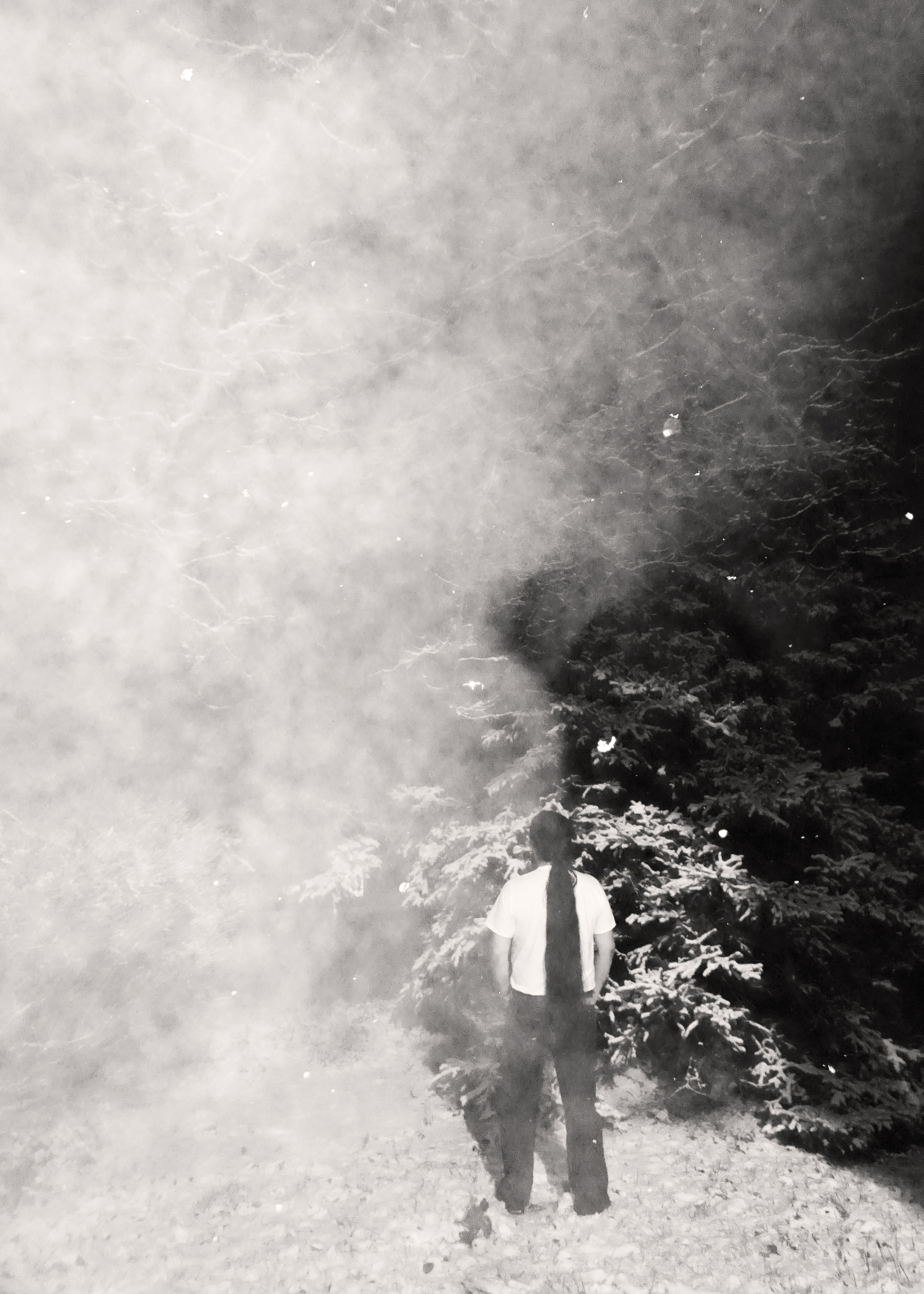All images from the series Of Solongs and Ashes © Min Ma Naing
This article first appeared in the Money+Power issue of British Journal of Photography. Sign up for an 1854 subscription to receive the magazine directly to your door.
Referencing an EE Cummings poem, Of Solongs and Ashes brings to mind the fleetingness of life – and memories of the country the artist was forced to flee
In June 2021, Min Ma Naing was forced to flee her home in Yangon, Myanmar. She was working for an NGO supporting local photographers and filmmakers, and risked arrest following a military coup three months earlier and the subsequent media crackdown.
“They targeted almost everyone,” the documentary photographer says. Naing’s sister, a painter who was raising money for the revolution, had been arrested in April 2021 and remained imprisoned for six months. When Naing was accepted on the Scholars at Risk programme at Cornell University in the US, she had no choice but to take the opportunity.

“Leaving my mum while my sister was in prison was very difficult. But for us at that time, it was the only way out. At least one person had to be safe,” Naing says. For security reasons, Naing was only able to tell her mother and one friend; she left her community without the chance to say a proper goodbye.
In New York, Naing lived in four different houses. “I never felt settled,” she says. “Whenever I met new people, they asked, ‘Why are you here?’ At that time, I really didn’t want to talk about it. I shut down from social media, the photography industry… I was in a really deep depression.”
Prompted by her therapist, she started a visual diary. Of Solongs and Ashes emerged from this process, as a way to “hold a memory”. Its title references the final line of EE Cummings’ poem into the strenuous briefness, which alludes to the fleetingness of life. Making images that evoked her longings – “tea-leaf salad with dried beef, hasty hugs, mango ice cream, mum’s dry fingers” – became a way to process the loneliness, and also the guilt of leaving her family.
“Photographs from her last days in Myanmar are dispersed through the sequence, like a subtle call-and-response between the past and present”

Photographs from her last days in Myanmar are dispersed through the sequence, like a subtle call-and-response between the past and present. Memories can be fickle, and Naing’s images embody their ephemeral quality – as though they are reaching for a specific moment in time, out of fear it might one day fade.
The work is deeply personal, but it is also part of her ongoing interest in collective trauma, the Burmese diaspora, and life after the coup. The 39-year-old started out as a press photographer, but before that, she was a teacher’s trainer. Growing up under a dictatorship, “it was quite hard for [my generation] to know what our interests were. We didn’t have a lot of opportunities, so I didn’t know what I was interested in until I found photography,” she says.
But when Naing first picked up a camera, it was not as a hobby or for artistic pursuits. Rather, it was for protection. She was in Hong Kong studying for an MA in education. According to Naing, in Myanmar it is “taboo” for women to go to parks, as they are widely presumed to be hubs for prostitution. In Hong Kong, Naing was free to enjoy the city’s green spaces. However, she still encountered problems. “We [the Burmese] are overly friendly,” she explains. “People misinterpreted my smiles, and men approached me with their phone numbers. They thought I was a Filipino housekeeper, or that I was looking for a second job as a sex worker.”

To avoid unsolicited advances, she bought a camera and pretended to be a tourist, and what began as a simple disguise quickly turned into a serious vocation. After pursuing a career as a photojournalist, since leaving Myanmar she has transitioned to working on long-form personal stories.
Naing has completed the protection programme in the US and is temporarily without a base. The future remains uncertain – for herself and her home country. The artist reveals that Min Ma Naing is a pseudonym she adopted for protection. Named after her housing complex back in Myanmar, it means ‘the king cannot beat you’. The name is a poignant nod to her longing for home and the country’s political situation – an embodiment of personal and collective resistance against hardship.

